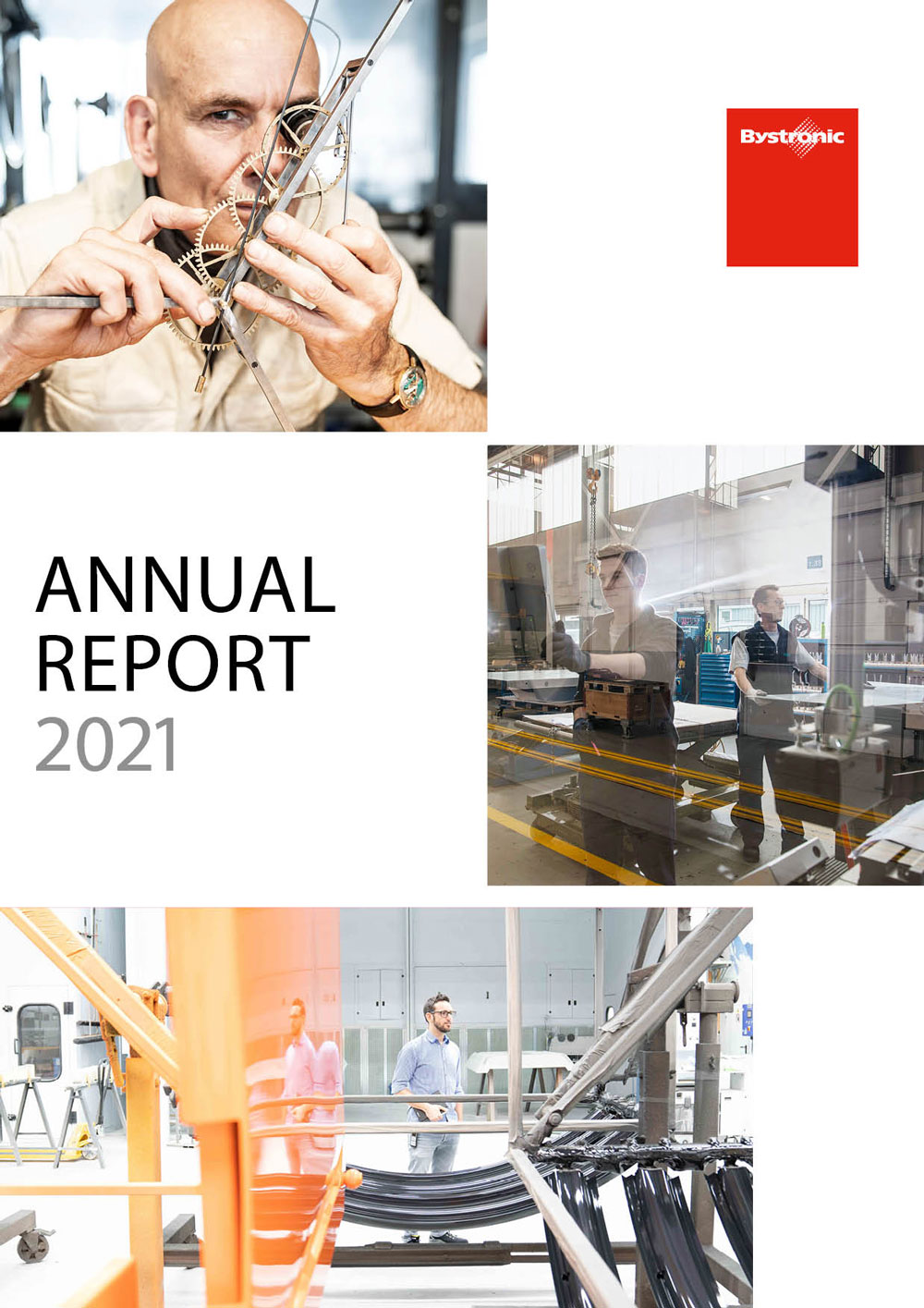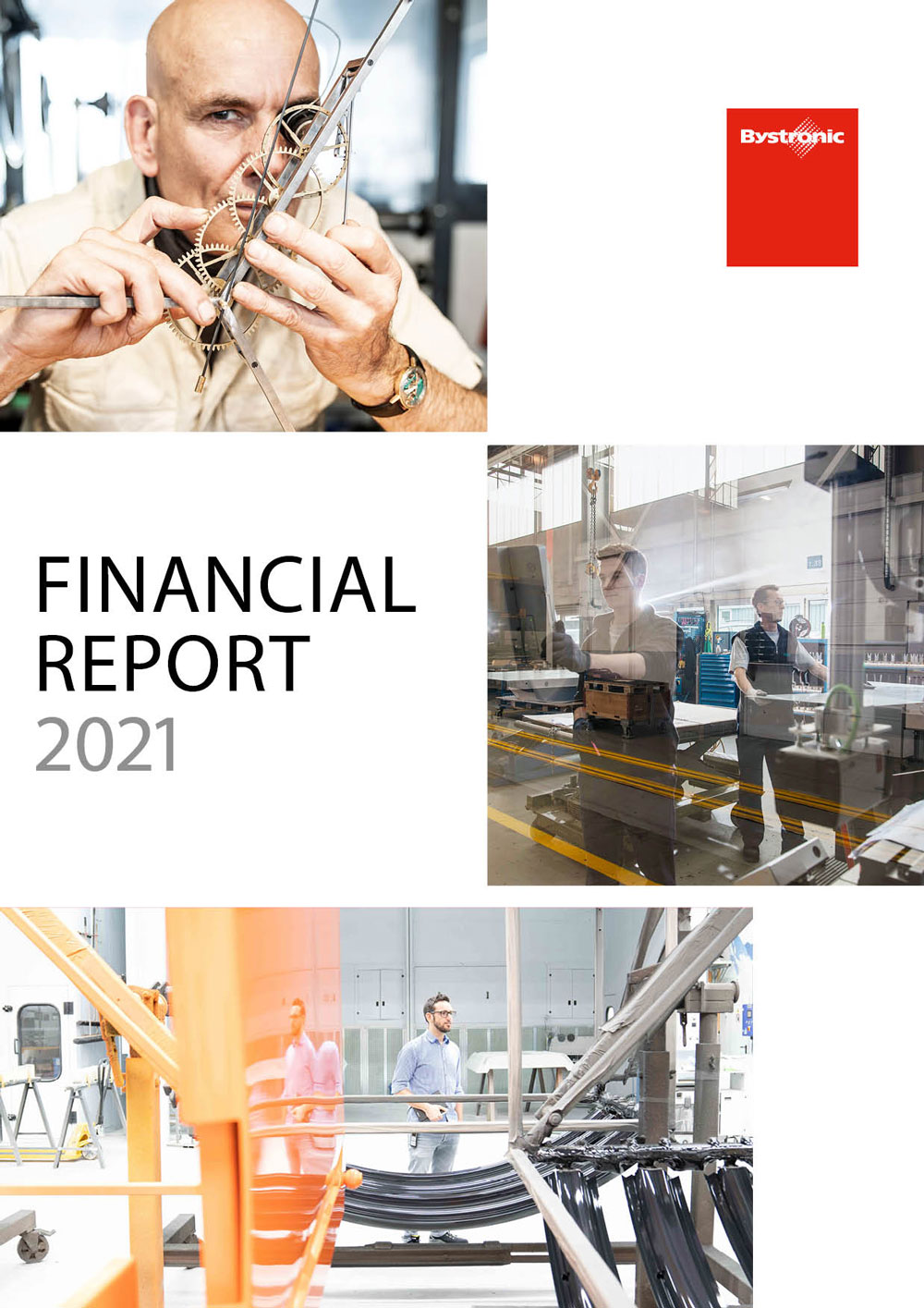8 Auditors
8.1 Duration of the mandate and term of office of the chief auditor
Since 1939, the statutory auditor of Bystronic AG has been KPMG AG, based in Zurich, or its legal predecessor. According to Bystronic’s internal rotation rules, which stipulate that the mandate of the statutory auditor must be re-tendered every 10 to 14 years, a new call for tenders should have been issued in 2020. Given the group’s new strategic direction, the Audit Committee postponed the tender process in consultation with the Board of Directors until the new structure is implemented. The Board of Directors resolved to invite new tenders for the mandate in 2022. The chief auditor, François Rouiller, has been responsible for the mandate since the 2017 financial year. According to Art. 730a para. 2 CO, the chief auditor changes every seven years.
8.2 Auditing fee
The auditing company KPMG charged the following fees for the reporting year:
- Auditing fees related to Bystronic: CHF 1,013,000
- Auditing fees related to discontinued operations: CHF 80,500
- Additional fees for audits relating to organizational, tax and legal advice: CHF 306,000.
8.3 Information tools pertaining to the external auditors
The Audit Committee, which was established by the Board of Directors to deal with financial and auditing matters, assesses the efficacy, performance, fees, and independence of the auditors, and reports to the Board of Directors on these matters on an annual basis. This assessment by the Audit Committee, in particular also regarding the quality of the auditing, is made during a discussion conducted following the presentation by the external auditors concerning the interim audit and the audit of the Annual Financial Statements. Without due cause, the Board of Directors does not carry out any further assessment.
When relevant to the subject matter, the auditors are invited to the meetings of the Audit Committee. During the reporting year, they attended all four meetings. In particular, the Audit Committee and the external auditors deliberate the interim audit report, the Annual Financial Statements, the management letter, and the comprehensive report to the Board of Directors. The Chairman of the Audit Committee and the CFO inform the Board of Directors of the external auditors’ reports, of their own assessment of the issues raised, and the measures taken. Together with the auditors, the Audit Committee establishes the key points of the audit for the attention of the Board of Directors.
The CFO prepares the matters in collaboration with the external auditors for deliberation by the Audit Committee and approval by the Board of Directors and he implements the recommended improvement measures.
With respect to non-audit services, attention is paid to ensuring that KPMG is not awarded any contracts that could lead to a conflict of interest with the audit mandate or to an impairment of its independence.
Please refer to Section 3.6 “Information and control tools vis-à-vis the Executive Committee” for further details regarding the information tools available to the internal auditors.

